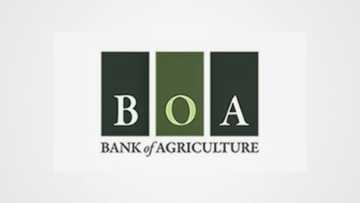Agricultural grants in Nigeria 2018: how to get it and use wisely?
To farm or not to farm is no longer the question. More people are realising that among the various sectors of economic development in Nigeria, agriculture comes out on top as the most profitable. Agriculture has been identified as the largest employer of labor in Africa, particularly Nigeria. A lot of analysts called this sector a gold mine, awaiting to be fully explored.
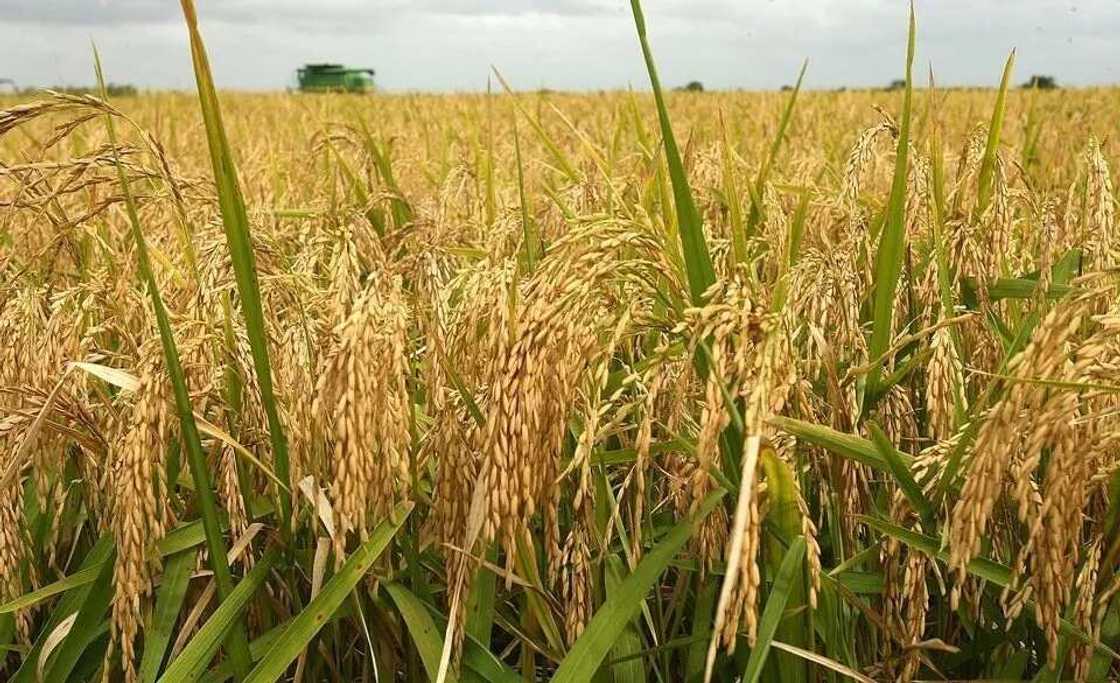
Agricultural loans in Nigeria
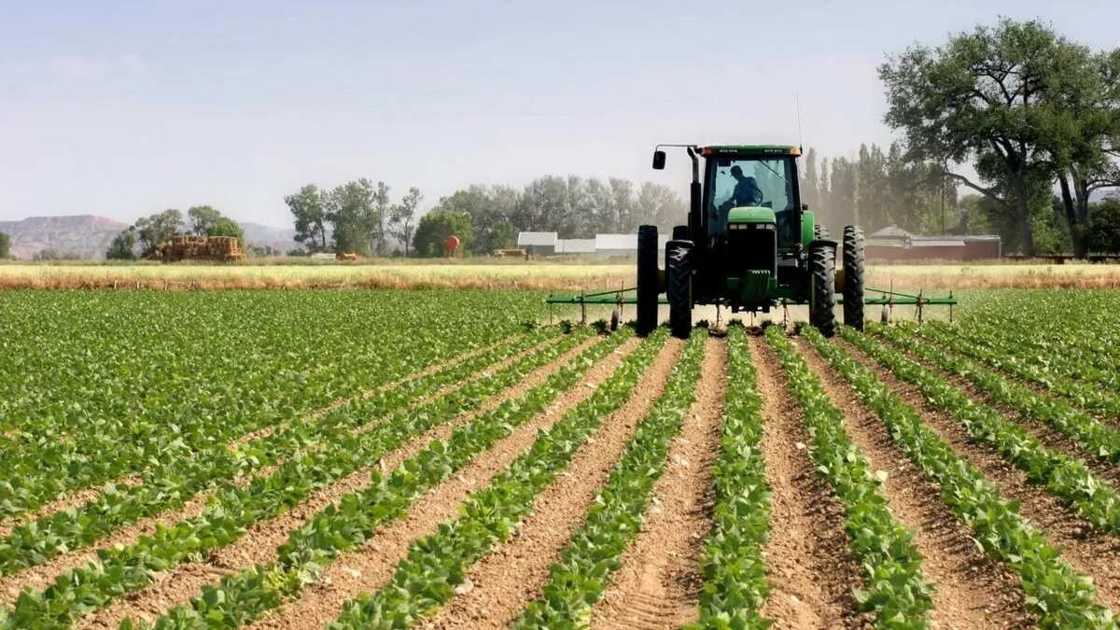
The available land for farming activities in Nigeria is simply overwhelming. A recent report revealed that Nigeria has about 84 million hectares of arable land, of which only about 40% has been cultivated. Add our favorable climatic conditions that sustain the growth of agricultural products such as groundnut, rice, cassava, cocoa, cashew, palm oil, to mention but a few, and you begin to get the picture – Agriculture in Nigeria is a profitable business.

The problem young people face when they think of going into entrepreneurship is no longer whether agriculture business is worth investing in. The problem is twofold:
- What type of agriculture business to start?
- How to raise capital to start an agriculture business?
In this post, we will explore some government grants and loans available for Nigerian farmers to keep their business booming.
Government Loans And Grants In Nigeria
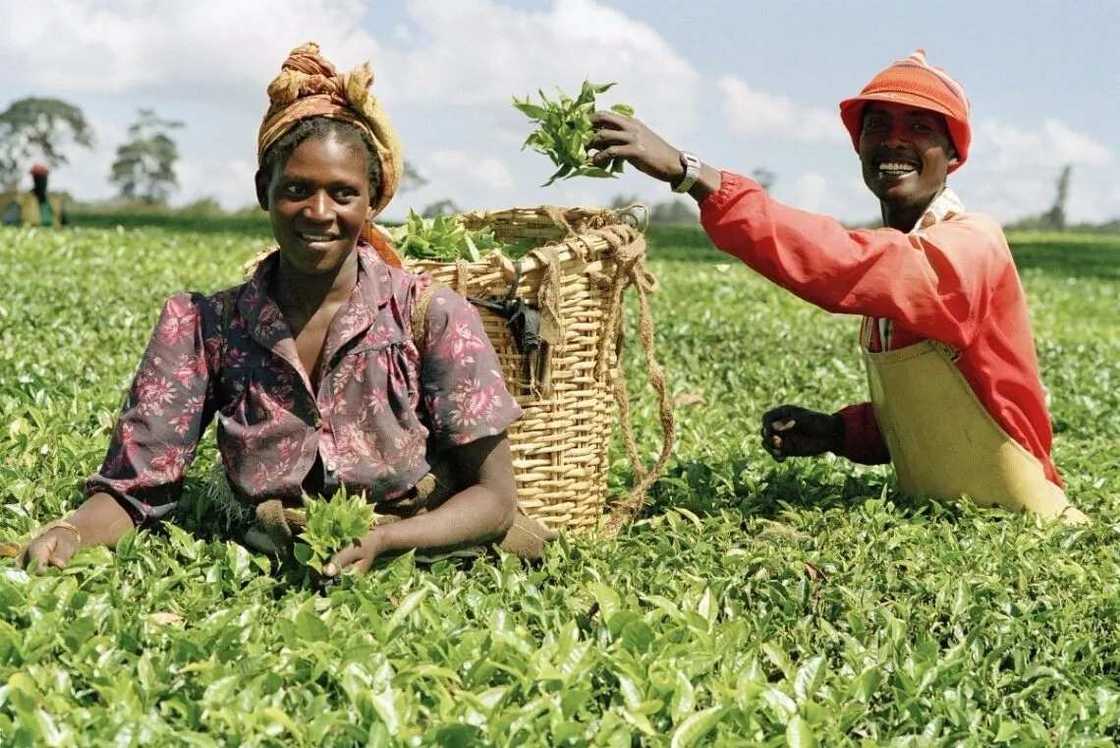
One of the most reliable strategies that any government can use to encourage its citizens’ participation in agricultural practices and farming is creating avenues where they can access government grants and loans.
To fast-track the development of the agricultural sector, and to encourage farmers and investors to embrace agriculture, the federal government of Nigeria has set up different schemes and programs to provide funds regarding loans and grants to large and small-scale farmers.
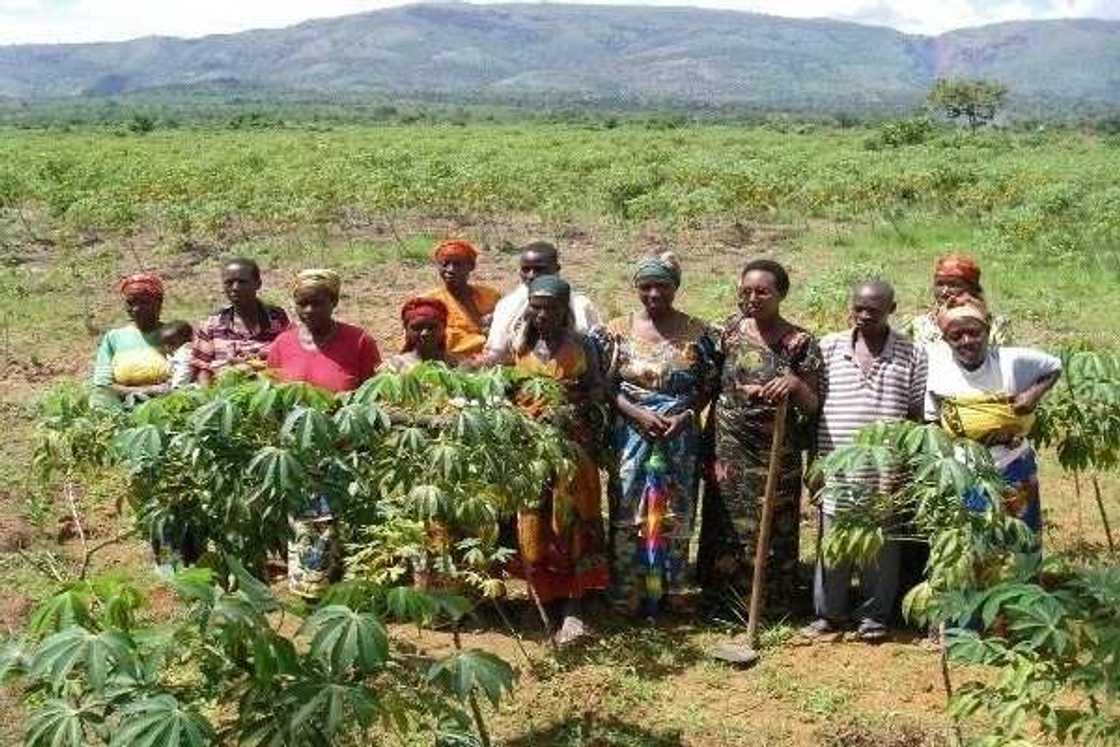
READ ALSO: Fastest growing business in Nigeria 2017
These credit facilities are made available by the federal government to the public and cover a range of agricultural practices including crop cultivation and livestock rearing. There are a lot of avenues the government has provided for individuals and corporate bodies to access agricultural loans. Some of them include:
- CBN agricultural loan to farmers in Nigeria.
- Bank of Agriculture loan
1. CBN agricultural loan

This loan scheme was set up by the federal government to provide low-interest loans to farmers in Nigeria. To achieve this, the Central Bank of Nigeria (CBN) has recently approved the disbursement of about 75billion naira as the loan to farmers and cooperative societies in the 36 state and the Federal Capital Territory (FCT). This loan can be accessed directly from the Bank of Agriculture.
2. Bank of Agriculture (BOA) loans

The Bank of Agriculture of Nigeria is the main channel that the government uses to provide loans and grants to the public. The bank is owned by the federal government, with the Central Bank of Nigeria and the Federal Ministry of Finance incorporated as shareholders.
The bank's activities are controlled by the Federal Ministry of Agriculture and Rural Development. When thinking of government loans, the BOA should be your first choice.
Requirements for Bank of Agriculture (BOA) LOANS
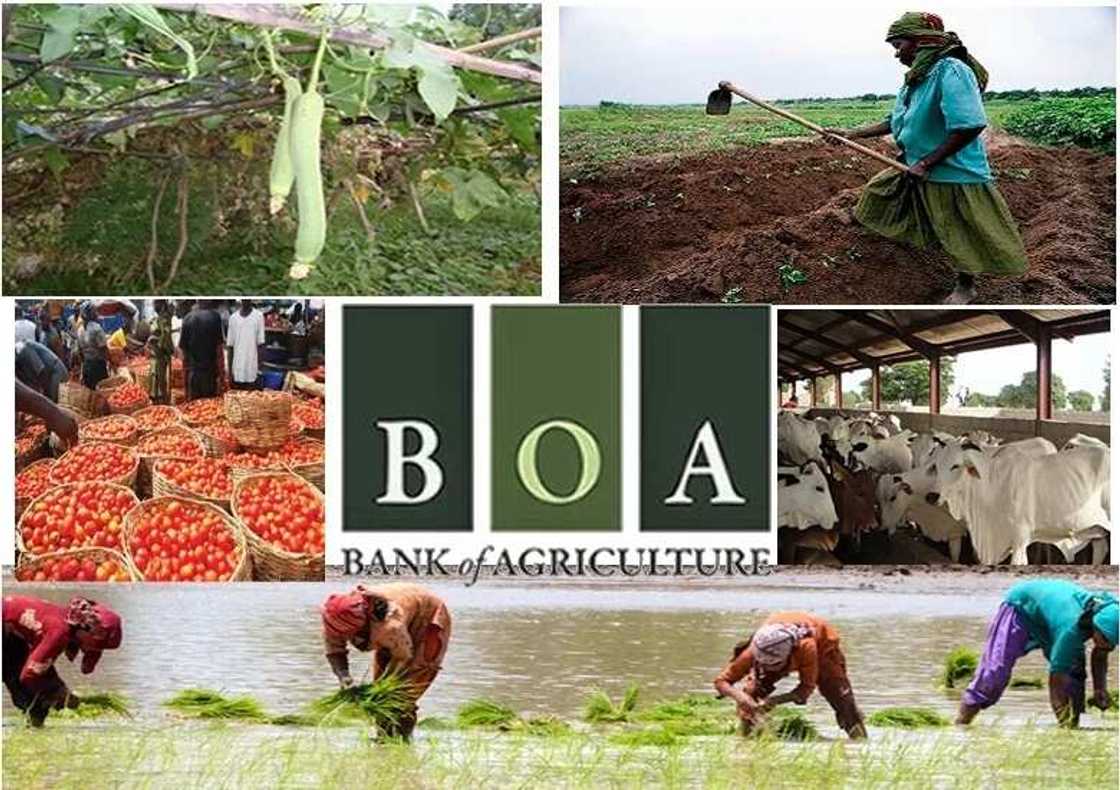
- You must have maintained a minimum customer account relationship for about six months
- You must have deposited at least 20% of the required loan amount into the account
- You must provide collateral, excluding land.
- You must submit a detailed business plan.
However, the requirements for obtaining a loan are subject to negotiations and may depend largely on the feasibility of your agricultural venture. Further details about the BOA loans are available on the BOA website.
Apart from the BOA, there are other ways of acquisition of agricultural loans.

The federal government through the Bank of Agriculture and the bank of industries have partnered with different commercial banks to help farmers with the acquisition of loans. Some of the commercial banks you can approach to access loans are:
- Union Bank;
- First Bank;
- Zenith Bank;
- UBA;
- Stanbic IBTC.
Requirements for accessing loans from commercial banks
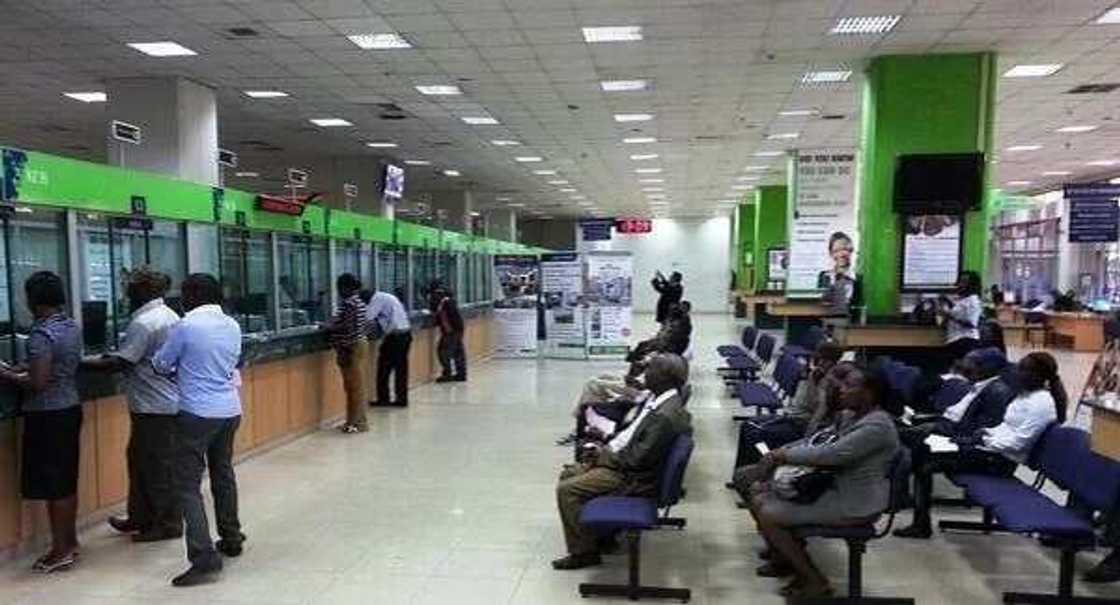
Commercial banks also give loans to individuals and cooperatives for agricultural purposes. There is a variety of credit facility that you could apply for from commercial banks, this include:
- short-term loans;
- medium-term loans;
- long-term loans.
The general requirement for all the commercial banks include:
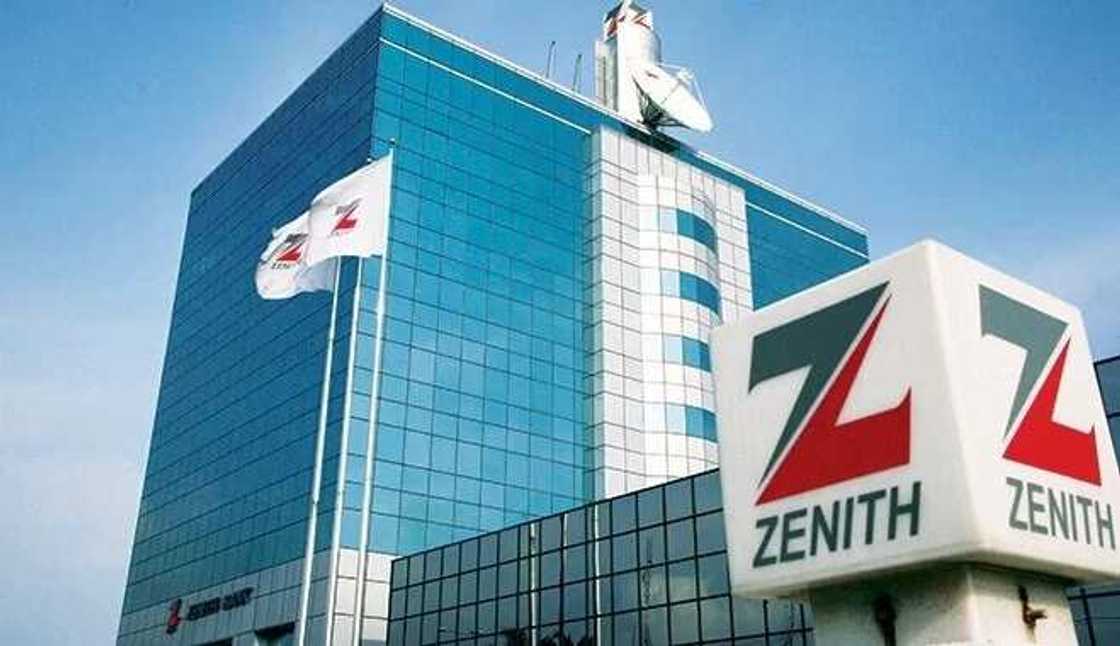
- Open an account with the bank;
- Submit a loan application;
- Deposit at least 10% of the total money you applied for;
- Provide the bank with collateral;
- Provide a detailed business plan with a complete feasibility study.
For more information on available government loans from commercial banks, you can contact any branch of the bank in your area for more information.
3. Agricultural co-operative societies
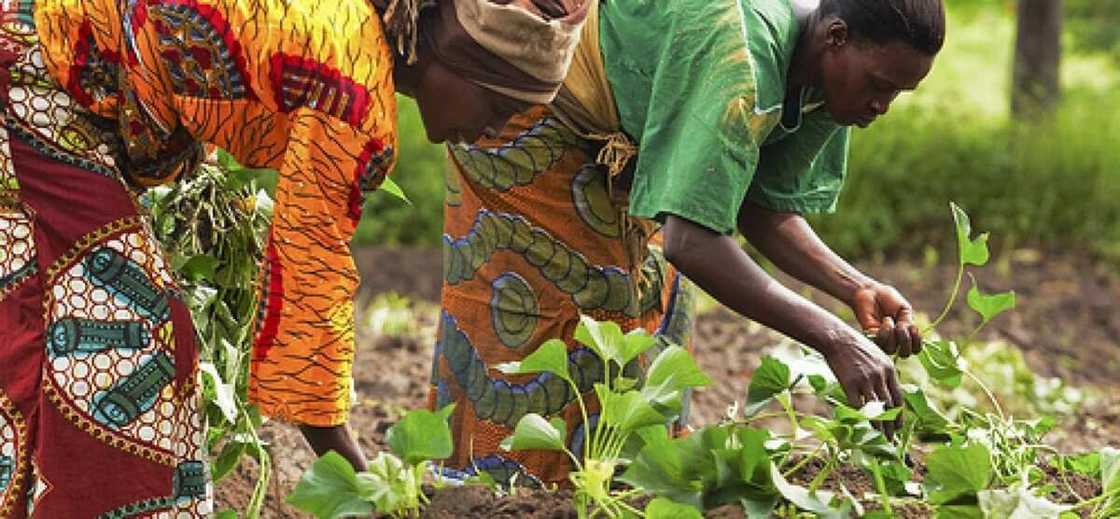
The easiest and surest means of securing agricultural loans is through cooperative societies. Credits given to these communities come as grants. As a rule, the cooperative societies could be provided with the grants by the banks who will then distribute it to each member on the basis of contributory payments.
Some of the most important agricultural cooperatives that you can join to access loans are:
- All Farmers Association of Nigeria (AFAN);
- Youth Empowerment in the Agricultural Program (YEAP);
- FADAMA.
Accessing government loans and grants from banks by cooperative societies are relatively simpler – the basic requirements include:
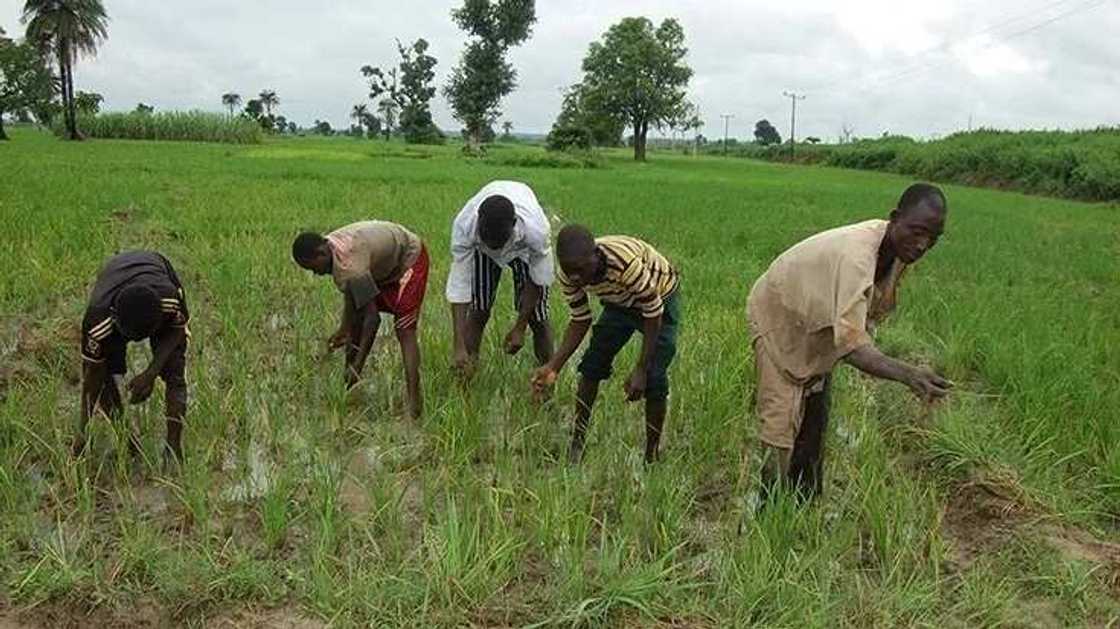
- Form a cooperative society;
- Submit a loan application I writing with the cooperative letterhead to the bank. The application should be signed by the cooperative’s representative;
- Submit a detailed feasibility study on the business.

The federal government is paying increasing attention to the agriculture sector by making loans and grants available. Many savvy farmers have taken advantage of this opportunity and now simply enjoying the benefits. You can get started today and enter your own world of wealth.
READ ALSO: Solution to economic recession in Nigeria: 10 steps to be made
Source: Legit.ng






